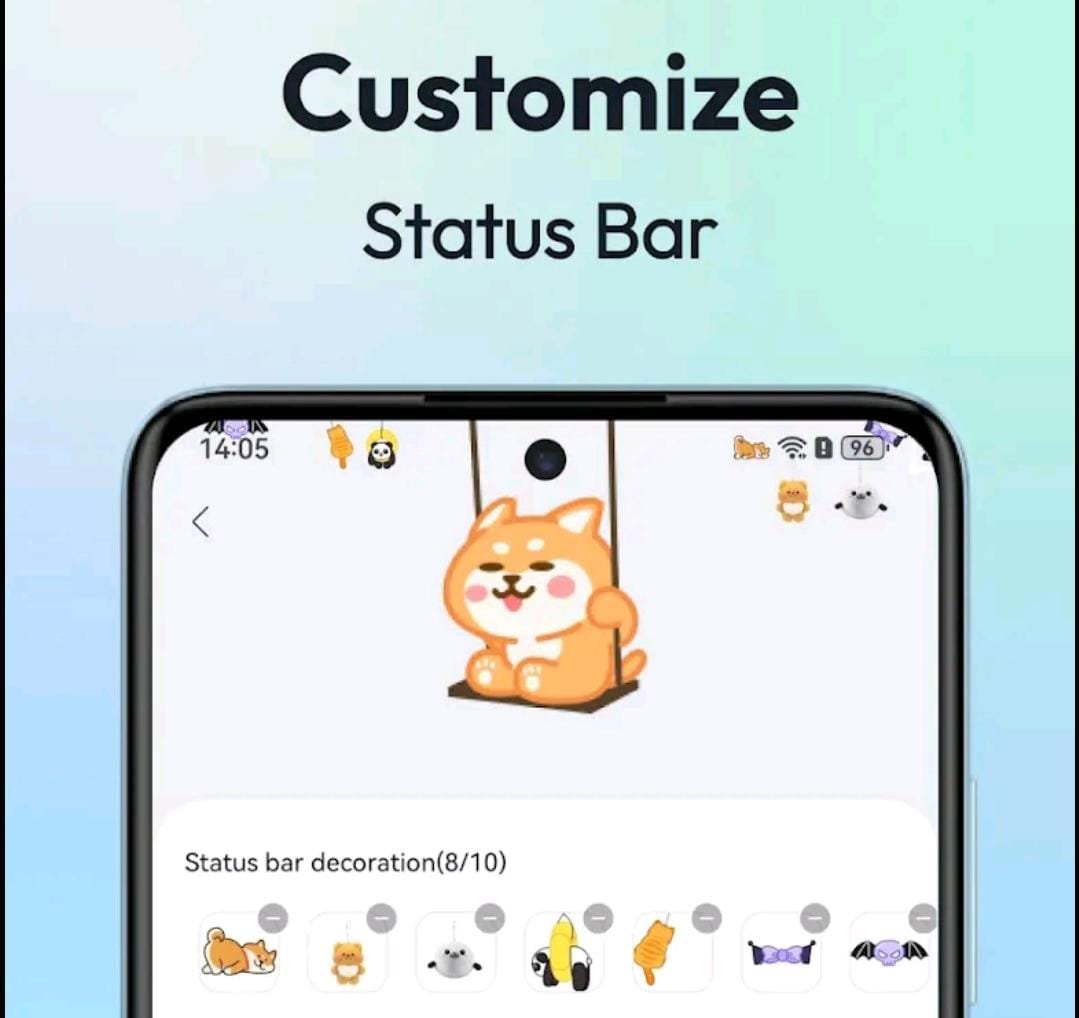Gaming has become an essential part of modern entertainment. Whether you’re playing on your phone, computer, or console, it’s easy to lose track of time once you start. Some games are designed so cleverly that they keep you playing again and again these are known as addictive games. They capture your attention, make you want to achieve more, and leave you craving just one more level. But what exactly makes these games so addictive, and are they good or bad for us? Let’s take a closer look.
What Are Addictive Games
Addictive games are video games that hook players for long periods of time. They’re built around reward systems and challenges that keep the brain excited and engaged. Every time you win a level, collect coins, or unlock new achievements, your brain releases dopamine the chemical responsible for making you feel happy and accomplished.

Games like Candy Crush, PUBG Mobile, Clash of Clans, and Fortnite are popular examples. They’re fun, competitive, and filled with rewards that make players feel like they’re constantly progressing. The excitement of victory and the challenge of the next level make it hard to stop playing.
How Do Addictive Games Work
Addictive games work by using psychological triggers and reward loops. Here’s how they do it:
Quick Rewards: Players are instantly rewarded for small wins, which keeps motivation high.
Level Progression: New levels and upgrades encourage players to continue their journey.
Social Elements: Competing with or against friends adds emotional investment.
Daily Challenges: Players are often rewarded for logging in daily, building a routine.
Limited Offers: Special events and rewards with deadlines make players return frequently.
These strategies make the player feel good about every small success — which in turn keeps them playing longer.
Features of Addictive Games
Here are some key features that make games truly addictive:
Reward Loops: The constant cycle of playing, winning, and receiving rewards makes it hard to stop.
Eye-Catching Graphics: Stunning visuals and animations grab attention instantly.
Engaging Sound Effects: Exciting sounds make each move or win feel more rewarding.
Regular Updates: Developers frequently add new levels and features to keep players interested.
Easy Start, Tough to Master: Games often start simple but become more challenging, keeping players hooked.
Achievements and Badges: Players love collecting achievements that show progress.
Time-Limited Challenges: Events that expire soon push players to return daily.
Pros of Addictive Games
| Pros | Description |
|---|---|
| Fun and Entertaining | A great way to relax and enjoy your free time. |
| Improves Focus | Many games enhance quick thinking and decision-making. |
| Encourages Social Interaction | Multiplayer features help you connect with others worldwide. |
| Boosts Creativity | Strategy and building games improve creative problem-solving. |
| Sense of Achievement | Completing challenges gives a satisfying feeling of progress. |
Cons of Addictive Games
| Cons | Description |
|---|---|
| Consumes Too Much Time | Hours can pass quickly, affecting productivity. |
| Health Problems | Excessive screen time can cause eye strain and fatigue. |
| Lack of Physical Activity | Spending too long sitting can harm physical fitness. |
| Wastes Money | Some players overspend on in-game purchases. |
| Emotional Dependency | Overplaying may cause frustration or anxiety when not playing. |
Addictive Games Alternatives
If you enjoy gaming but want a healthier balance, here are some great alternatives:
| Alternative Type | Examples | Benefits |
|---|---|---|
| Casual Puzzle Games | Sudoku, Wordscapes | Relaxing and helps train your brain. |
| Educational Games | Duolingo, Lumosity | Fun way to learn and improve skills. |
| Fitness Games | Just Dance, Ring Fit Adventure | Keep fit while enjoying gameplay. |
| Story-Based Games | Life is Strange, Telltale Series | Focuses more on story than repetition. |
| Offline Games | Alto’s Odyssey, Monument Valley | No internet needed, less addictive. |
Conclusion and Verdict on Addictive Games
There’s no denying that addictive games are incredibly fun and engaging. They can help relieve stress, improve focus, and even build social connections. However, like anything else, too much of a good thing can become harmful. Spending endless hours playing can affect your health, productivity, and real-life relationships.
Download
Download
The best approach is to play in moderation. Set limits, take breaks, and enjoy gaming as a hobby, not a habit. By maintaining balance, you can experience all the fun without the negative side effects.
Addictive Games
In the end, addictive games are a big part of today’s entertainment world. Their designs, challenges, and rewards make them exciting and enjoyable. But it’s important to remember — games are meant to add fun to your life, not take control of it. Play smart, stay balanced, and enjoy the experience without letting it affect your real-world goals.







